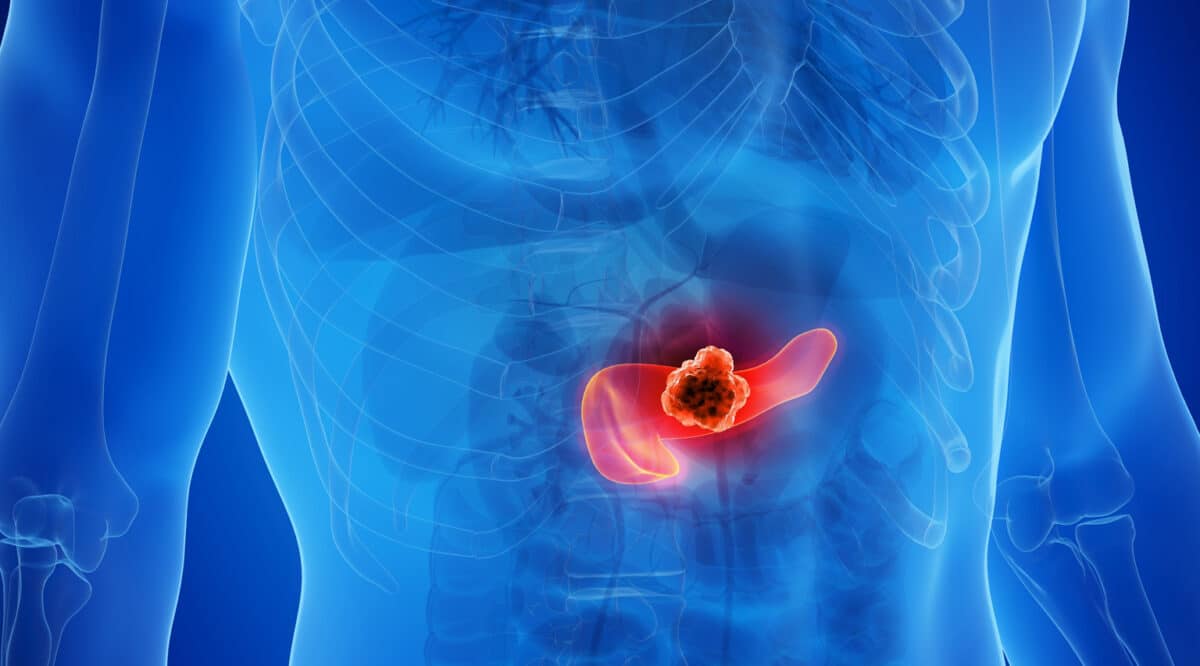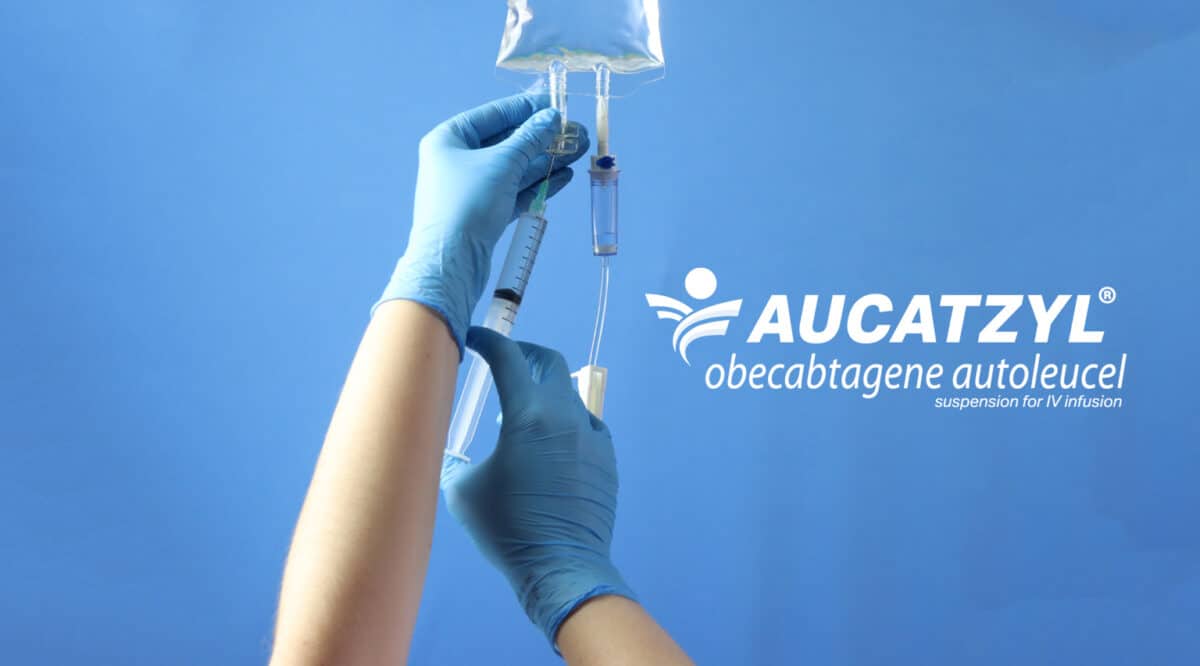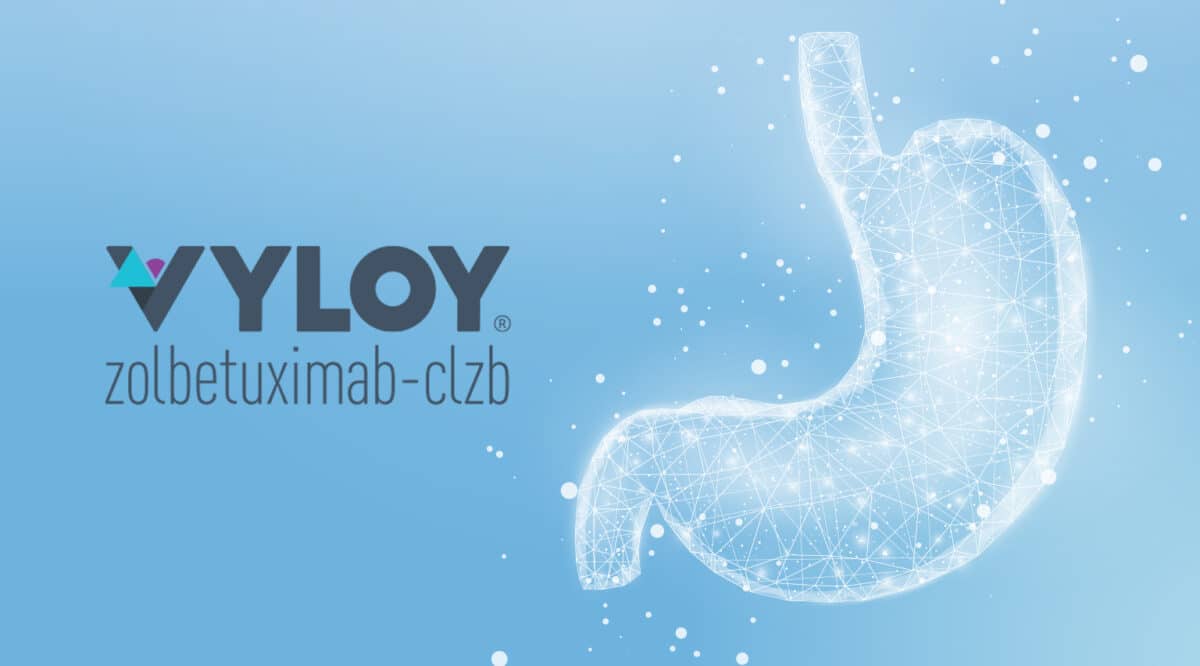How well do you understand cell based therapy?
It’s complicated!
Given the pace of research and the number of already approved cell-based products it is now high on the list of essential knowledge for leaders in the pharma industry and for specialty pharmacies that want to play in that sandbox.
MSC-based cell therapy involves the administration of MSCs as a medicinal product. These cells are characterized by ways in which they can be used as a therapeutic agent in human treatments.
But, the mechanisms of MSC therapy are poorly understood. According to the NIH, MSC have a short survival time after infusion, it is believed that MSC pass on their effects to other cell types. The scientific stuff now goes on in language that is likely foreign for those without a doctorate degree. SO, this Report will increase your knowledge level, but only enough to make you dangerous.
Here are some bullet points that you may want to consider —–
The Importance of Regulation in Ensuring Safety and Impact on Treatment Cost for Mesenchymal Stem Cell Therapies
CLICK here to access the full article
Regulation is essential to ensure the safety and efficacy of mesenchymal stem cell (MSC) treatments. It upholds high standards in production, application, and monitoring of these therapies. Without it, the risk of suboptimal quality and potential serious adverse effects increases.
Key Aspects of MSC Regulation:
Establishing guidelines for MSC isolation, expansion, and characterization.
Ensuring consistency, viability, and contamination-free cells in therapies.
Developing clinical trial protocols to assess safety and effectiveness in various medical conditions.
Role of Regulatory Agencies:
Agencies like the FDA mandate rigorous testing for new treatments.
Approval is required before widespread use of MSC-based therapies.
Regulatory Challenges and Impact on Treatment Costs:
While regulation is crucial for MSC treatment safety, it also contributes to increased costs. The rigorous testing and validation, adherence to Good Manufacturing Practices (GMP), and the need for sterile, high-quality production facilities add significant expenses.
Factors Contributing to Increased Costs:
Time-consuming and expensive clinical trials with extensive participant involvement.
Maintenance of GMP compliant facilities for MSC production.
Impact on Treatment Availability:
Lengthy regulatory approval processes can delay treatment availability to patients.
Balancing Safety and Cost in MSC Therapies:
Despite the challenges, the regulatory framework is essential for maintaining the integrity of MSC therapies. The increased costs are an investment in the treatment’s long-term success, building trust among patients, healthcare providers, and stakeholders in regenerative medicine.
Benefits of a Strong Regulatory Framework:
Ensures patient safety and high-quality care.
Contributes to the long-term success and trustworthiness of MSC treatments.
Our next Report will be on yet another Cell Based therapy!











